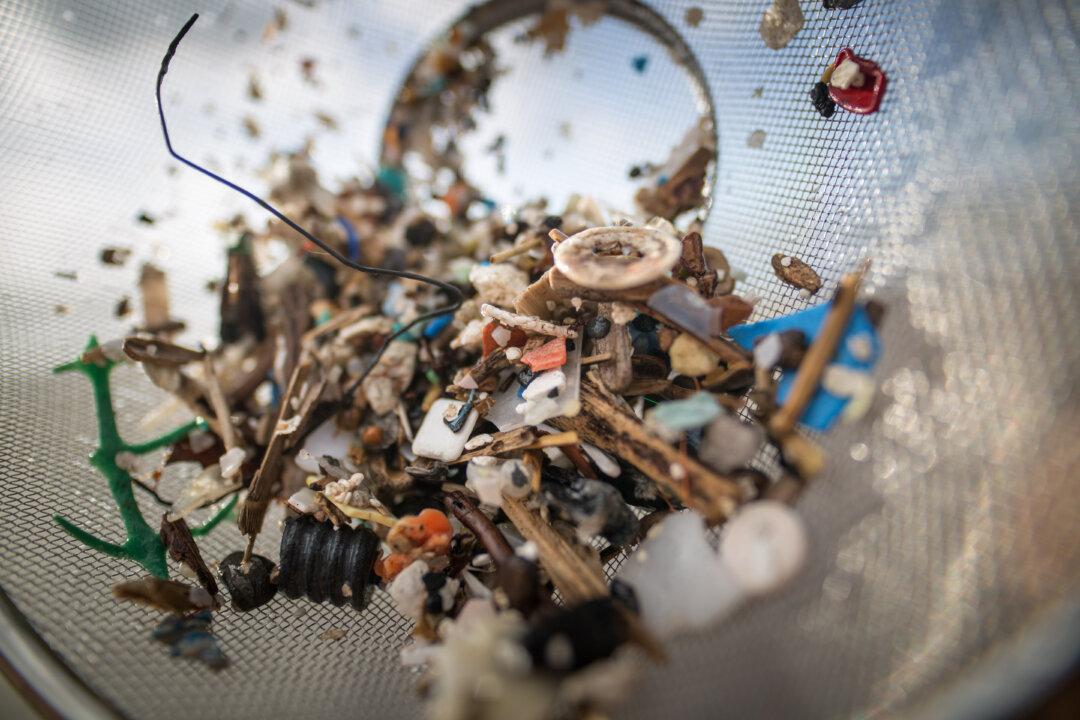The CSIRO (The Commonwealth Scientific and Industrial Research Organisation) has estimated there are 14 million tonnes of microplastics on the seafloor—twice the amount of plastic pollution estimated to be on the ocean’s surface.
Justine Barrett from CSIRO’s Oceans and Atmosphere who led the world-first study, published on Oct. 6, said researchers collected and analysed samples in order to estimate the huge amount of seabed microplastic.





